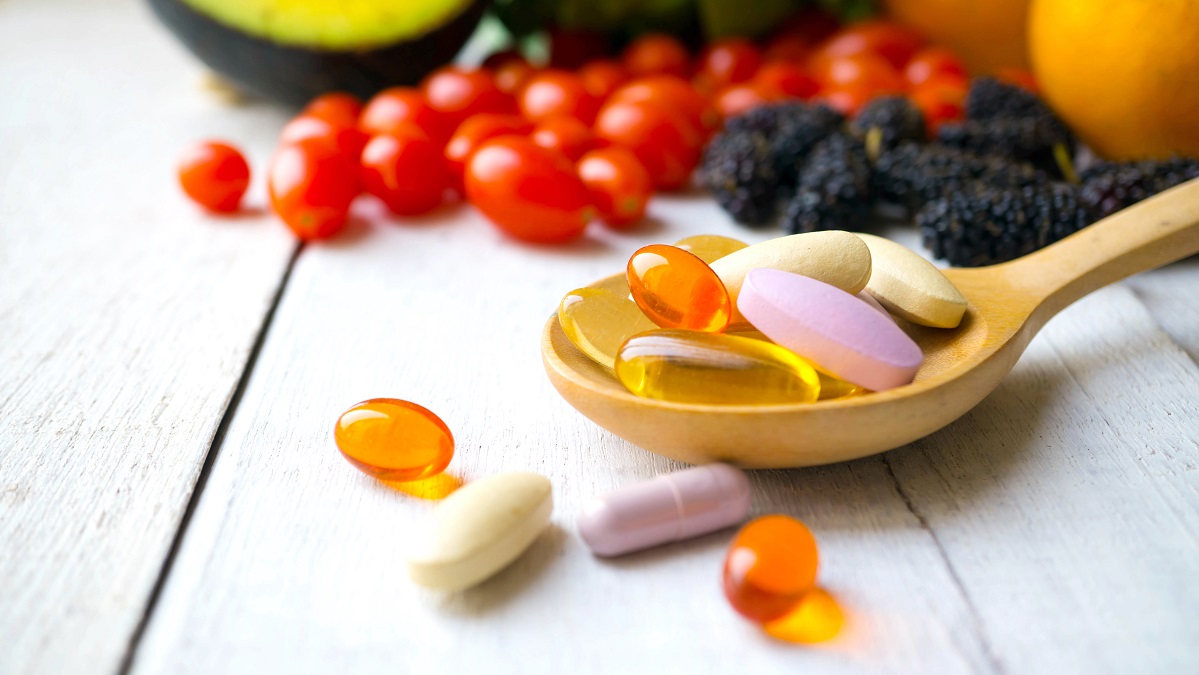Severe liver damage linked to dietary supplements is on the rise in Australia, with some sufferers even requiring a transplant.
A research paper published in the Medical Journal of Australia reports that overuse of paracetamol is the most common cause of drug-induced liver injuries (DILI). But liver damage from vitamins and other herbal supplements has also risen dramatically during that time.
Researchers studied adults admitted to the gastroenterology and liver centre at Sydney’s Royal Prince Alfred Hospital (RPAH) between 2009 and 2020 suffering from DILI.
“During January 2009 to August 2020, 184 of 294 admitted patients fulfilled study inclusion criteria: 69 with non-paracetamol and 115 with paracetamol-related DILI,” the study states.
“The numbers of non-paracetamol DILI admissions were similar across the study period, but the proportion linked with herbal and dietary supplements increased from two of 11 (15 per cent) during 2009-11 to 10 of 19 (47 per cent) during 2018-20.”
A dietary supplement is any pill, capsule, tablet, powder or liquid that provides nutrients to the body and can include anything from protein powder to promote weight gain to chewable vitamin tablets.
The supplements market is big business, with the Australian industry estimated to be worth around $5.6 billion annually.
Research paper co-author Dr Ken Liu, a specialist transplant hepatologist at RPAH, says he was inspired to conduct the study by the steadily increasing number of DILI patients arriving in his department after using over-the-counter dietary supplements.
“I was starting to see injury in patients admitted with liver injury after using bodybuilding supplements for males or weight loss supplements in females,” Dr Liu told The Guardian.
“I just decided I’d better do a study on it to see if my hunch that more of these substances were causing these injuries was true.”
The results of the study were confronting, but experts say the research reveals just the tip of the iceberg when it comes to widespread problems, with use of dietary supplements and incorrect or deceptive labelling at the heart of the issue.
“The study only examines severe cases admitted to a specialised liver unit; they cannot be extrapolated to the overall incidence of complementary medicine-associated liver injury in Australia,” says Dr Ken Harvey, former member of the Therapeutic Goods Administration (TGA) advertising consultative committee.
In Australia, regulatory authority over dietary supplements and the advertising that surrounds them comes from the TGA. In 2018, new guidelines aimed at curbing both unbacked scientific claims and the lack of sufficient health warnings on labels were introduced by the authority.
“However, the natural and complementary therapy industry was allowed to create the list,” Dr Harvey says.
“This resulted in 86 per cent of 1021 permissible indications being justified by ‘traditional’ rather than ‘scientific’ evidence. This effectively removed the need for complementary medicines to have a scientific evidence base.”
Dr Harvey resigned from his position at the TGA in 2020, citing the administration’s lack of action against the dietary supplement manufacturers as the reason for his departure.
Do you take any dietary supplements? Have you had any adverse reactions? Share your experience in the comments section below.
Also read: The truth about vitamin D supplements and bone health


How is this article any use if it does not tell us which supplements/tablets.formulas are the culprits?
The title is a bit misleading, the main cause of liver damage by far is overuse of paracetamols. We’re living in a world where the nutritional value of fresh food is greatly reduced due to use of pesticides, GM seeds and fertilizers. Organic food is unfortunately way too expensive still for the average person to afford. Hence the need has arisen to supplement our diet in order to stay healthy. It’s not ideal, the better option would be to eat fully organically grown food but costs come into play.